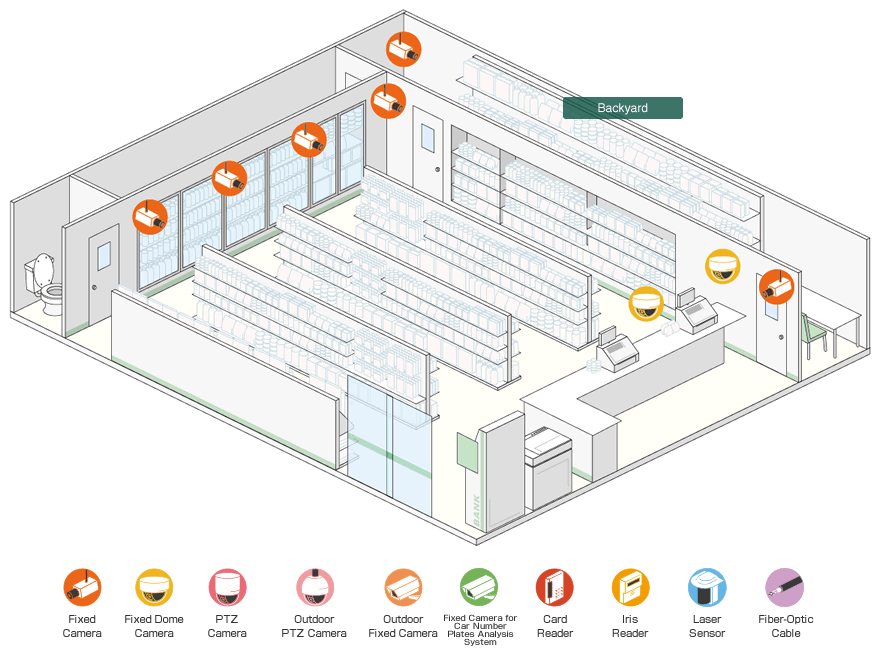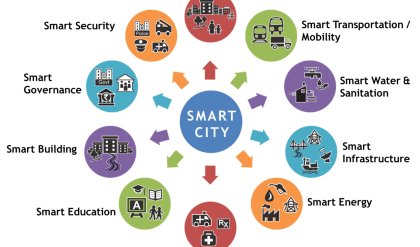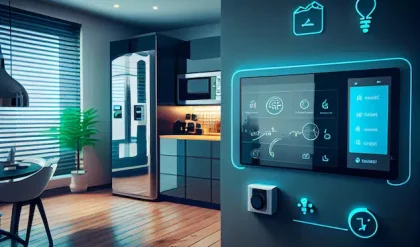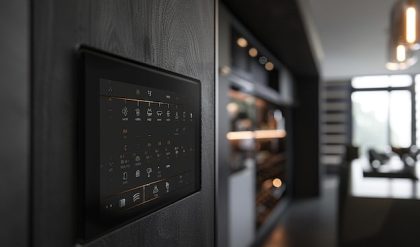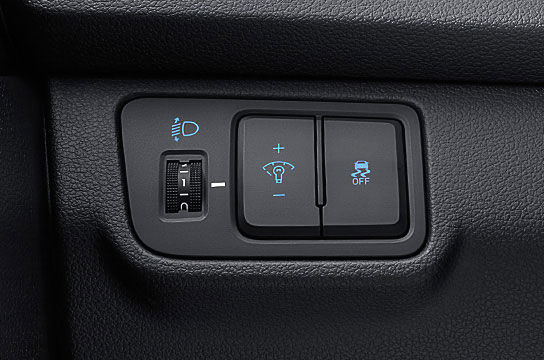
Unlock Convenience: Smart Services for Busy Professionals
The modern professional juggles a thousand things at once: demanding careers, family commitments, social lives, and the ever-present pressure to maintain a semblance of work-life balance. Feeling overwhelmed? You’re not alone. But what if we told you a revolution in convenience is underway, powered by smart services designed to reclaim your time and energy? This isn’t about futuristic fantasies; it’s about practical solutions available right now to help you conquer your to-do list and finally breathe.
Beyond the Buzzwords: Practical Applications of Smart Services
Forget the hype. We’re diving into the real-world impact of smart services, categorized for easy understanding and application to your life.
1. Streamlining Your Schedule: The Time-Saving Titans
Imagine a world where appointments, errands, and even grocery shopping magically manage themselves. It’s closer than you think.
-
AI-Powered Scheduling Assistants: Tools like Calendly and x.ai handle appointment scheduling with ease, eliminating endless email chains and back-and-forths. They integrate seamlessly with your existing calendar, automatically suggesting optimal times for meetings based on your availability and those of your contacts.
-
Smart Home Integration: Unlock your front door remotely, adjust your thermostat from your commute, and pre-heat your oven before you even arrive home. These seemingly small conveniences accumulate into significant time savings over the course of a week, month, or year.
-
Automated Task Management: Platforms like Todoist and Asana move beyond simple to-do lists. They prioritize tasks based on urgency and deadline, offer collaboration features for teamwork, and provide insightful analytics to track your productivity.
2. Simplifying Everyday Chores: The Efficiency Experts
Life’s little annoyances can drain your energy. Smart services are here to handle the mundane.
-
Grocery Delivery & Meal Kit Services: Skip the supermarket queues and let services like Instacart or HelloFresh deliver groceries and pre-portioned ingredients right to your doorstep. This frees up valuable weekend hours and simplifies meal planning for busy weeknights.
-
Laundry & Dry Cleaning Pickup & Delivery: Outsource the chore you hate most with apps that schedule pickup and delivery of your laundry and dry cleaning.
-
On-Demand Cleaning Services: Busy schedules don’t have to mean a messy home. Services like Handy or TaskRabbit connect you with vetted cleaners for regular or one-time cleanings.
3. Elevating Your Wellbeing: The Self-Care Champions
Smart services are not just about productivity; they’re about fostering a healthier, happier you.
-
Fitness & Mindfulness Apps: Apps like Peloton, Headspace, and Calm provide personalized fitness and mindfulness programs, making it easier to integrate self-care into even the most packed schedules.
-
Telehealth Platforms: Access medical advice and consultations remotely through platforms like Teladoc or MDLive, eliminating the need for lengthy office visits.
-
Personalized Nutrition Apps: Apps like MyFitnessPal or Lose It! help track your dietary intake, offering personalized recommendations to support your health goals.
Table: Smart Service Comparison
| Service Category | Example Service | Key Benefit | Time Saved (Estimate) |
|---|---|---|---|
| Scheduling | Calendly | Automated appointment scheduling | 2-3 hours/week |
| Grocery | Instacart | Grocery delivery | 1-2 hours/week |
| Home Services | TaskRabbit | On-demand cleaning | Varies |
| Fitness & Wellness | Peloton | Personalized workout programs | Varies |
The Future of Convenience is Now
Smart services are not a luxury; they’re a necessity for the modern professional striving for balance. By embracing these tools, you can reclaim your time, reduce stress, and focus on what truly matters – whether that’s your career, family, or personal passions. The future of convenience is not just around the corner; it’s here, ready to help you unlock your potential. Start exploring the options that resonate with your lifestyle and watch your productivity soar.

Additional Information
Unlock Convenience: A Deeper Dive into Smart Services for Busy Professionals
The concept of “Unlocking Convenience” through smart services for busy professionals is more than a catchy phrase; it represents a fundamental shift in how we approach time management and productivity. This deeper analysis explores the underlying drivers, market dynamics, and potential future trends within this rapidly evolving sector.
I. The Underlying Drivers of Demand:
The increasing demand for smart services targeting busy professionals stems from a confluence of factors:
-
Time Scarcity: Modern lifestyles, particularly in urban environments, are characterized by intense competition and long working hours. Professionals are consistently juggling multiple responsibilities, leading to a premium placed on time-saving solutions. Studies consistently show a correlation between perceived time scarcity and stress levels, fueling the demand for services that alleviate this pressure.
-
Increased Disposable Income: A significant portion of the target demographic possesses higher-than-average disposable income, making them willing to invest in premium services that offer convenience and efficiency, even at a higher cost. This translates into a lucrative market for businesses providing personalized, on-demand solutions.
-
Technological Advancements: The rapid advancement of technology, particularly in areas like mobile apps, AI, and IoT, has enabled the development of sophisticated and user-friendly smart services. These technologies are integral to the automation and personalization that defines this sector.
-
Changing Consumer Expectations: Consumers, particularly younger generations, have grown accustomed to immediate gratification and personalized experiences. This expectation translates into a demand for seamless, intuitive, and customizable smart services that cater to their individual needs.
II. Market Segmentation and Key Players:
The market for smart services catering to busy professionals is highly segmented, with different players focusing on specific niches:
-
On-demand services: This includes platforms offering grocery delivery (e.g., Instacart, Amazon Fresh), meal kit services (e.g., Blue Apron, HelloFresh), laundry and dry cleaning services (e.g., Washio, Rinse), and personal errands (e.g., TaskRabbit, Thumbtack).
-
Productivity and organization tools: This category encompasses apps and software designed to streamline workflows, manage schedules, automate tasks, and improve overall productivity (e.g., Asana, Trello, Todoist, Calendly).
-
Personalized concierge services: These services offer a more holistic approach, providing bespoke assistance with a wider range of tasks, from travel arrangements and event planning to home maintenance and personal shopping (e.g., Luxury Concierge Services).
-
Health and wellness services: The increasing focus on well-being has led to the growth of on-demand fitness classes, telehealth consultations, and personalized nutrition plans.
III. Analysis of Market Growth and Challenges:
The market for smart services is experiencing exponential growth, fueled by factors outlined above. However, several challenges remain:
-
Data Privacy and Security: The reliance on personal data raises concerns about privacy and security breaches. Robust data protection measures and transparent data handling policies are critical for building consumer trust.
-
Competition and Market Saturation: The attractiveness of the market is leading to increased competition, forcing businesses to differentiate themselves through innovation and superior customer service.
-
Cost and Accessibility: While many services target high-income earners, ensuring accessibility for a broader range of professionals remains a challenge.
-
Maintaining Human Touch: While technology plays a crucial role, maintaining a human touch and ensuring personalized customer service is essential for building loyalty and positive brand perception.
IV. Future Trends:
-
Hyper-personalization: Expect to see further advancements in AI-powered personalization, adapting services to individual preferences and proactively anticipating needs.
-
Integration and Interoperability: Different smart services will increasingly integrate with each other, creating seamless and interconnected experiences.
-
Emphasis on Sustainability: Consumers are increasingly demanding environmentally friendly options, driving the adoption of sustainable practices within the smart services sector.
-
Expansion into Emerging Markets: The demand for convenience extends beyond developed economies, presenting significant growth opportunities in emerging markets.
V. Conclusion:
The “Unlock Convenience” movement reflects a fundamental shift in consumer behavior, driven by time scarcity, technological advancements, and changing expectations. While challenges remain, the future of smart services for busy professionals is bright, characterized by increased personalization, seamless integration, and a focus on sustainability. Companies that successfully navigate the complexities of this dynamic market, prioritizing both innovation and customer experience, are poised for significant growth and success.
